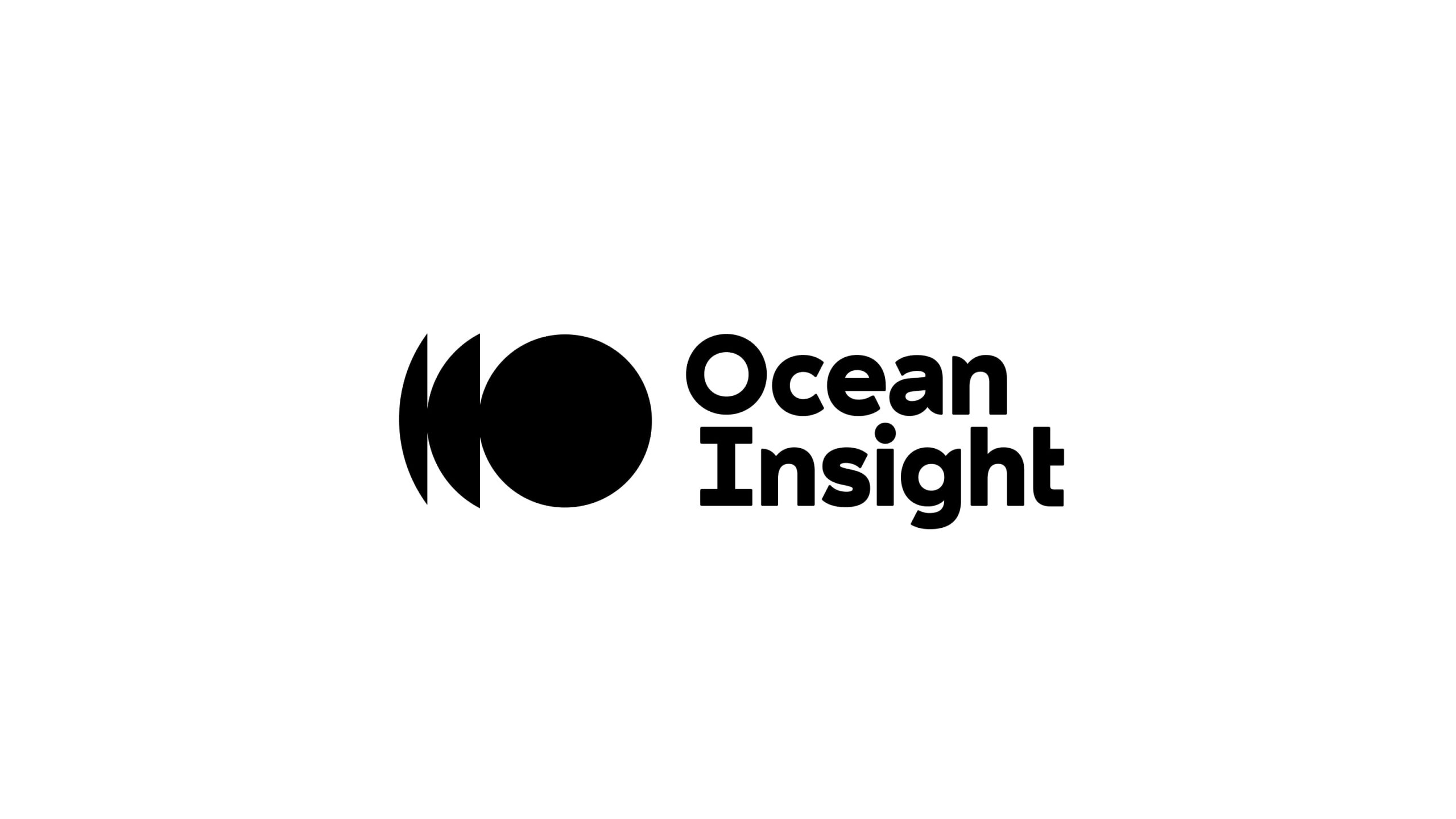By Ocean Insight
Ocean Insight Raman spectroscopy technologies
As a specialist in applied spectral knowledge, Ocean Insight can offer a range of sophisticated measuring and analytical solutions based on Raman spectroscopy, using scattered laser light to probe molecular structures.
Raman measurement is a very versatile technique that can be used to quantify solids, liquids or powders, both in the laboratory or in the field.
How Raman measurement works
The Raman spectrometer functions as a type of ‘material radar’, scattering millions of light photons across a selected area or surface, allowing single photons to interact with the vibrational state of a sample target molecule and emit light of a different wavelength that can be detected as a return.
These Raman spectral signatures can be used in fundamental research, or matched to known databases for instant identification and quantification of materials.
Advantages of Raman Analysis
Although Raman spectra are low in intensity, Raman systems can be configured to explore molecular structure as effectively as infra-red (IR) spectroscopy with some key additional advantages:
- Versatility: Can be used to measure solids, liquids or powders, both in lab settings or in the field
- Easily manageable: Raman requires minimal sample preparation; is non-contact and non-destructive; and produces no hazardous byproducts
- Fast and accurate: Raman spectral signatures can be matched to known libraries for instant chemical and substance identification
- Trace level detection: Can be used with Surfaced Enhanced Raman nanoparticle substrates to amplify weak Raman signals and measure trace amounts of samples including pesticides and narcotics
- Lower cost: The marked fall in Raman spectrometer prices in recent years has placed this versatile technology within the reach of more industries and made it a more cost-effective solution than conventional spectroscopy in many cases
Raman-enhanced particle analysis
With better understanding of the materials that supply their businesses, manufacturers can enhance product performance, improve process efficiencies and offer better value to customers. Access to precise analytical tools provides pivotal insight into the chemical, physical and structural properties of materials.
In the pharma industry, determining critical material characteristics in drug ingredients allows better control of formulation and processing, as well as validating active pharmaceutical ingredients (APIs) to ensure that formulations match the original drug as patents expire, allowing development of generics that are 100% safe while avoiding the typical clinical testing costs required with new drugs.
Resources
Click on Raman spectroscopy for more information.
Click on Raman case studies for further information on applications



















